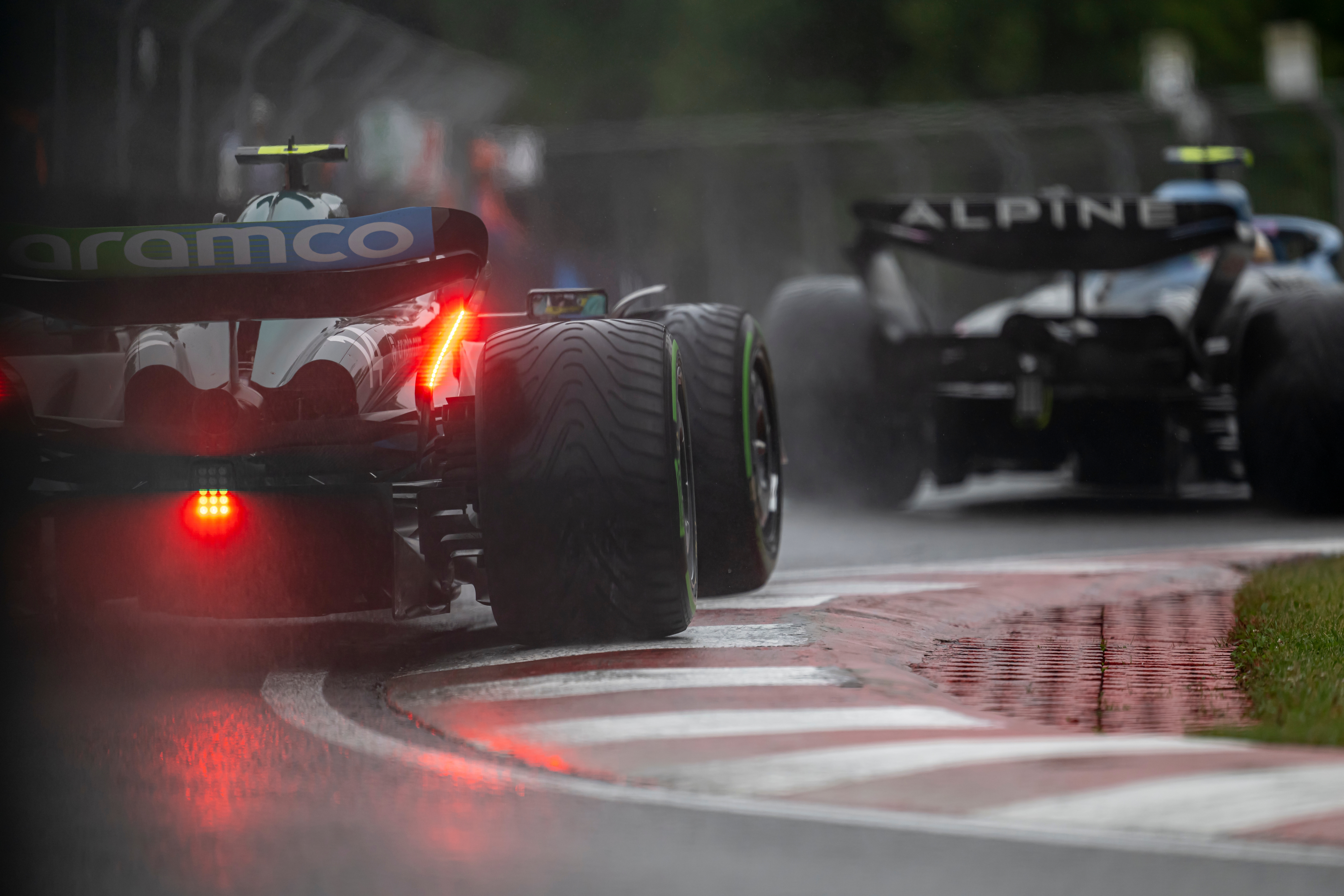FIA revolutionises Track Limit Enforcement with AI technology trial at Abu Dhabi Grand Prix

The International Automobile Federation (FIA), the governing body for motor racing, has unveiled plans to trial cutting-edge artificial intelligence (AI) technology during the upcoming Formula 1 (F1) Abu Dhabi Grand Prix.
This initiative aims to enhance track limit enforcement through the implementation of ‘Computer Vision’ technology, utilising shape analysis for automatic detection of potential infringements.
Set to debut at the race on November 26, the AI system will swiftly identify instances where all four wheels fully cross the designated white boundary line. This innovative approach is anticipated to expedite response times and reduce the necessity for manual reviews by race officials.
The decision to integrate AI into track limit monitoring follows the Austrian Grand Prix earlier this year, where the Race Operation Center (ROC) personnel had to process approximately 1,200 potential violations. Despite subsequent efforts, track limit breaches persisted, prompting criticism after the US Grand Prix in Austin in October.
Acknowledging the shortcomings, F1 stewards deemed the inability to enforce track limit violations during the race as “completely unsatisfactory” and urged the FIA to devise a solution before the start of the next season. Renowned Mercedes driver Lewis Hamilton joined the chorus, suggesting the incorporation of AI to enhance decision-making processes.
In an interview on the FIA website, Tim Malyon, the FIA’s head of remote operations and deputy race director, clarified that the AI technology would not replace human assessment but rather streamline the track limit evaluation process. Malyon emphasised the importance of expanding facilities and ongoing software investments to make significant advancements in this area.
“The biggest imperative is to expand the facility and continue to invest in software because that’s how we’ll make big strides,” Malyon said.
“The final takeaway for me is to be open to new technologies and continue to evolve.”
“I’ve said repeatedly that the human is winning at the moment in certain areas. That might be the case now, but we do feel that ultimately, real-time automated policing systems are the way forward.”
It's free to join the team!
Join the most engaged community in the Sports Business World.
Get all the latest news, insights, data, education and event updates.






